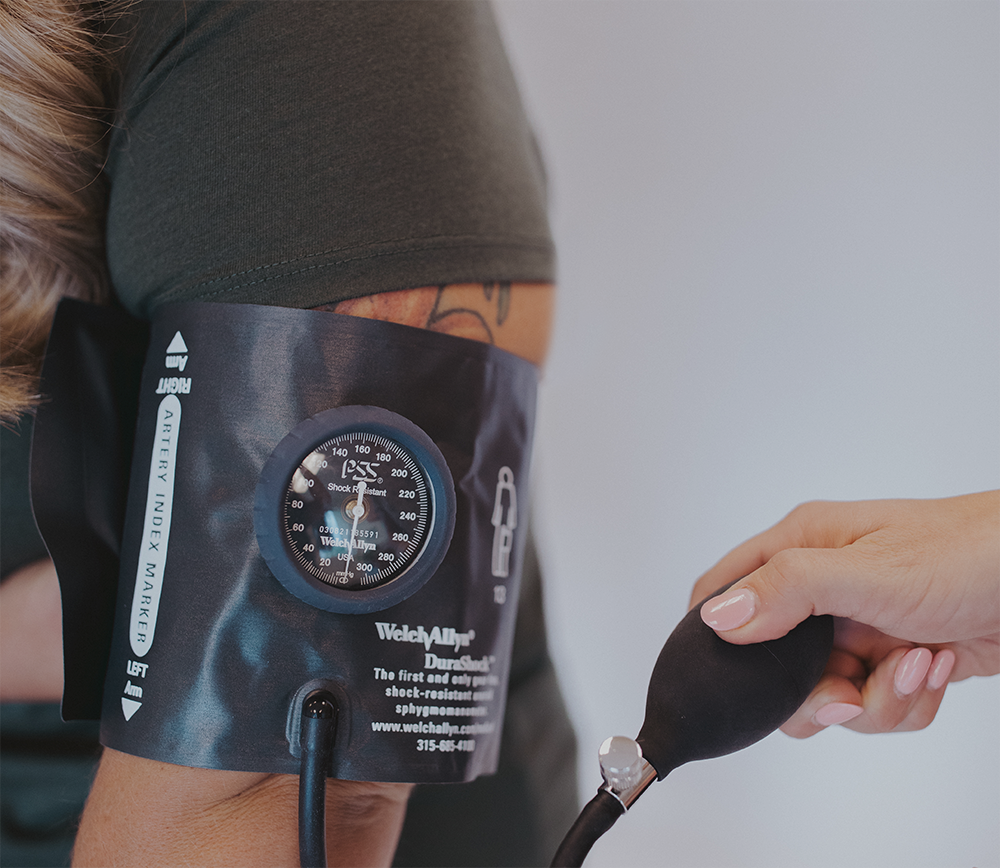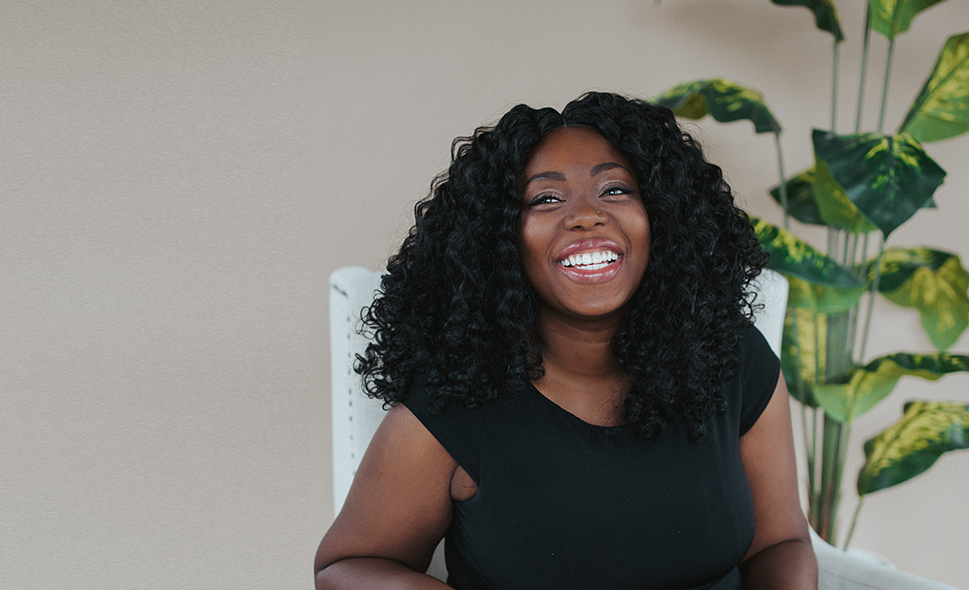
By making lifestyle choices that emphasize physical and mental stimulation, you can uncover ways to control the health of your mind and body at any age. Life in our golden years can be filled with whatever you want—excitement and adventure, relaxation and peace or maybe a bit of both. If you are over the age of 65 and are looking to create a healthier path as you age, check out these six tips.
1. Get back in the gym
Almost 40 percent of people over the age of 65 are diagnosed as obese; that means almost half of seniors in the United States struggle with obesity. Obesity leads to high blood pressure, heart disease, arthritis, and even depression. Hitting the gym can make all the difference, especially one with classes for seniors where you get moving and make new friends.
2. Understand your healthcare coverage
For seniors, the key to boosting your physical and mental health means being a pro when it comes toMedicare coverage. There are many gaps that often take seniors by surprise. Look into supplemental plans that widen your coverage, like Aetna Advantage Plans that help provide insurance for vision, dental or prescription drugs. Having coverage when you need it not only gives you a better chance of overcoming injury and illness, but also the peace of mind that comes with knowing you have protection.
3. Keep energy levels naturally high
After talking with your doctor about what is off limits with your current prescriptions and treatment plans, explore dietary changes that elevate energy and improve focus. You can try out supplements, but be knowledgeable. You shouldn’t have to deal with jitters or crashing just to boost energy. Ashwagandha, coenzyme Q10, iron and creatine are a few examples of healthy, all-natural supplements that can re-energize your mind and body.
4. Stay social
One of the most devastating parts of aging is watching friends and family members pass away. It can be extremely traumatic for seniors, leading to depression and social isolation. Seniors need to have a thriving social life, especially those who live alone or away from family and close friends. Social isolation doesn’t just burden mental health, but can actually increase your mortality rate. Avoid isolation by taking regular walks with friends, exploring new skills through classes at senior centers and giving back to your community by volunteering.
5. Eat fewer processed foods
The constant ups and downs of a sugar-fueled diet can wreak havoc on our physical and mental health. Over time, this becomes more challenging for seniors as we try to manage diabetes, blood pressure and weight. It’s never too late to reverse these effects by switching to a diet rich in fruits, vegetables and whole foods. Stay away from fast food restaurants and limit your meals with high fructose corn syrup and refined sugars and grains.
6. Watch out for slips and falls
Did you know that seniors have a 25 percent chance of falling? While this may not sound very serious, falls are the leading cause of physical and mental health decline. Take a look around your home. Is it able to protect you against slips and falls? You can take measurements on your own by installing handrails near tubs and toilets, non-slip flooring in the kitchen and bathroom, bright, strong lights throughout the home and ramps or lifts when stairs get tricky.
Just because you are an older adult doesn’t mean your health path is irreversible. Changes you make today — even small ones — can make a huge impact on your health and, in many cases, even heal some of the damage done in your younger years. Whether you try out one, some or all of these suggestions, you will notice a difference, one that could make life in your golden years shine just a little bit brighter.
Jason Lewis is a personal trainer, and in 2002 he became the primary caretaker for his mother after her surgery. During this time he realized there is a special need for trainers that can assist the seniors in our community. He is based in Delaware and has a degree in BA in Human Performance/Exercise Health Science plus a Certified Personal Trainer CPR/First Aid Instructor. He writes for his own blog, strongwell.org.











